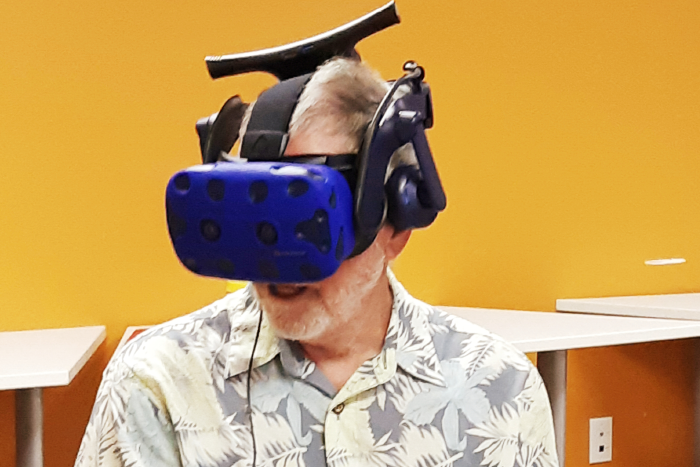There is no denying that the most stressful aspect of trying to find work can be the job interview. Landing a job interview indicates that the employer views you as a suitable candidate. Now it is time to make sure that you are putting your best foot forward. Finding a way to ‘stand out in the crowd’ can be a challenge. Researching the company, conducting a mock interview, doing a trial run to find out how long it will take you to get there, reviewing your resume, choosing your interview clothes, and packing extra copies of your resume and reference page are all great strategies to prepare for the interview. Being able to outline your qualifications and provide examples of how you cope with challenges in the workplace will provide the employer with a better picture of how you might fit into their organization. Based on input from local employers, we have prepared a list to help you ensure that you are truly prepared for your next job interview.








